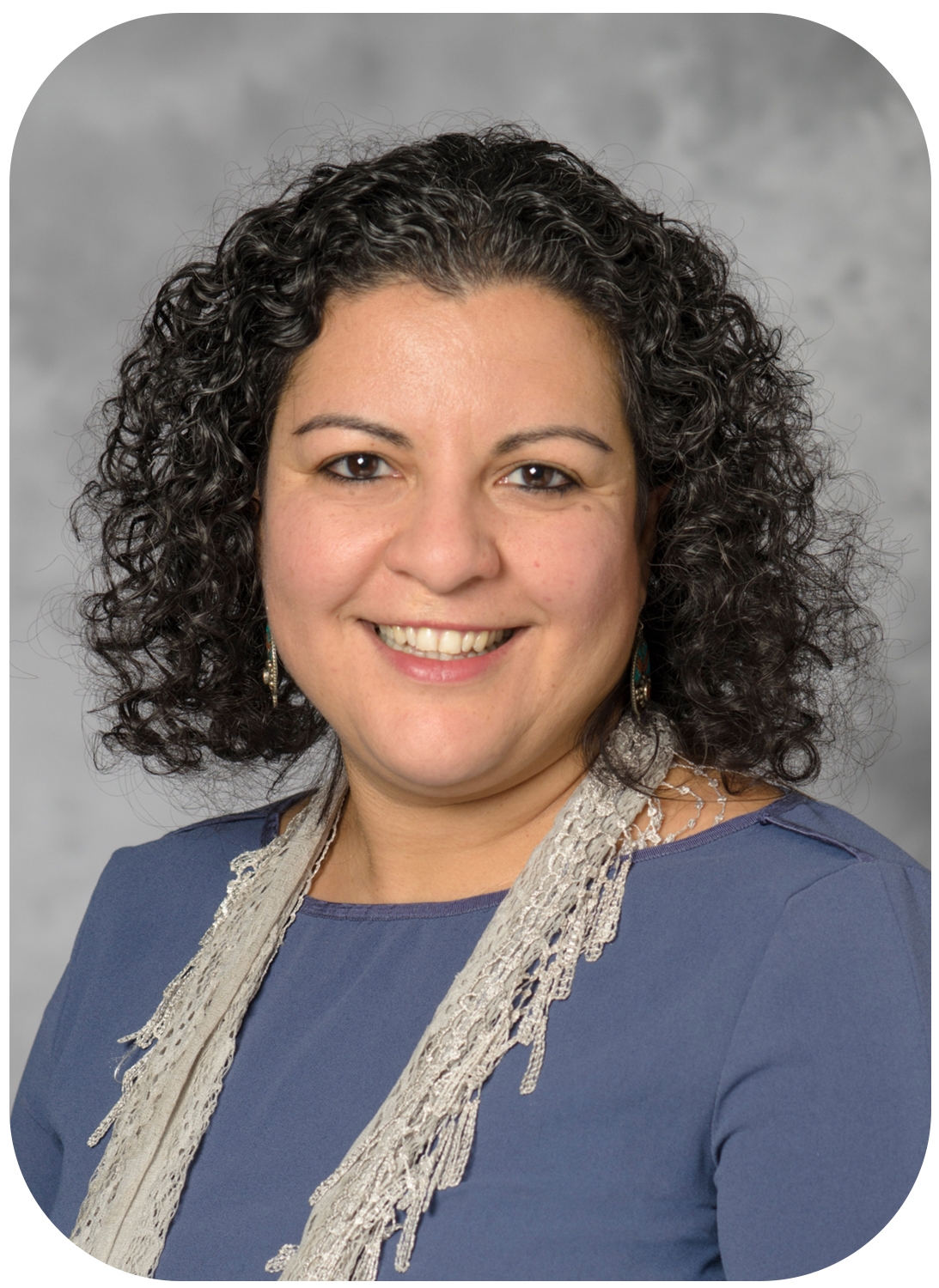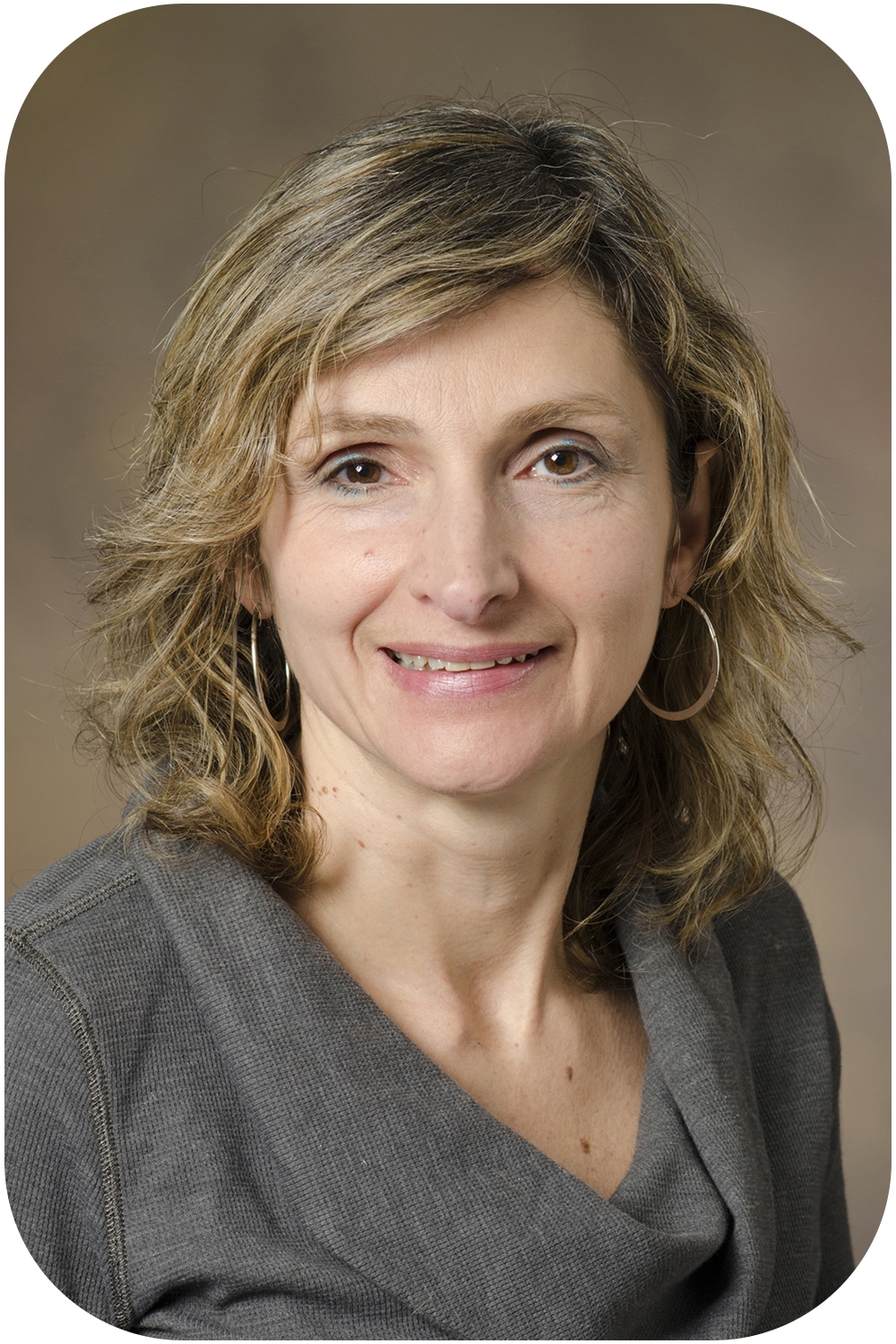 A culturally-aligned approach to mental health is foundational to effective, quality care for all populations. American Indian communities are no exception. The Department of Psychiatry has been collaborating with numerous American Indian tribal communities over the past decade. Through collaborations with The Center for Mind-Body Medicine, we have been involved in building community-based interventions to address the youth suicide epidemic, depression, anxiety, substance-use related disorders, and trauma-spectrum conditions. Our approach is holistic, collaborative, culturally-informed, trauma-informed, and strength-based. Communities that we are working with include Tohono O’odham, Hualapai, Havasupai, Navajo, Pascua Yaqui, Lakota (Pine Ridge, Rosebud, Cheyenne River, Standing Rock), and others. In collaboration with the University of Arizona Department of Family and Community Medicine, we also work with the American Indian Youth Wellness Camp program. The camp is designed to address the youth obesity and diabetes utilizing a multi-modal approach to education, nutrition and physical activity intervention, cultural enrichment, and mind-body skills training to support emotion regulation and self-care for the youth and their caregivers. Medical students, residents, and fellows are commonly included in these initiatives to help expand their cultural awareness training and provide inspiration for their continued involvement in working with diverse, indigenous, and underserved communities.
A culturally-aligned approach to mental health is foundational to effective, quality care for all populations. American Indian communities are no exception. The Department of Psychiatry has been collaborating with numerous American Indian tribal communities over the past decade. Through collaborations with The Center for Mind-Body Medicine, we have been involved in building community-based interventions to address the youth suicide epidemic, depression, anxiety, substance-use related disorders, and trauma-spectrum conditions. Our approach is holistic, collaborative, culturally-informed, trauma-informed, and strength-based. Communities that we are working with include Tohono O’odham, Hualapai, Havasupai, Navajo, Pascua Yaqui, Lakota (Pine Ridge, Rosebud, Cheyenne River, Standing Rock), and others. In collaboration with the University of Arizona Department of Family and Community Medicine, we also work with the American Indian Youth Wellness Camp program. The camp is designed to address the youth obesity and diabetes utilizing a multi-modal approach to education, nutrition and physical activity intervention, cultural enrichment, and mind-body skills training to support emotion regulation and self-care for the youth and their caregivers. Medical students, residents, and fellows are commonly included in these initiatives to help expand their cultural awareness training and provide inspiration for their continued involvement in working with diverse, indigenous, and underserved communities.
 Telepsychiatry has been shown to produce significant improvements among mental health patients. Telepsychiatry often involves a patient examination based primarily on a verbal interview, and interventions that may include aspects of talk therapy, patient education, and pharmacological management. The Department of Psychiatry has experience providing psychiatric care through the University of Arizona Telemedicine Program (ATP) serving patients in areas of limited accessibility.
Telepsychiatry has been shown to produce significant improvements among mental health patients. Telepsychiatry often involves a patient examination based primarily on a verbal interview, and interventions that may include aspects of talk therapy, patient education, and pharmacological management. The Department of Psychiatry has experience providing psychiatric care through the University of Arizona Telemedicine Program (ATP) serving patients in areas of limited accessibility.
Dr. Joanna Katsanis works with the Arizona Telemedicine Program addressing important needs for behavioral health services in rural areas. She provides telemental health services to adolescents and their families on the Navajo Reservation using a wireless telecommunications system with direct connections into the two high school clinics in Tuba City, Arizona. Mental health services are provided without the students leaving their schools. Services include diagnosis, assessment, individual and family psychotherapy and consultation.

